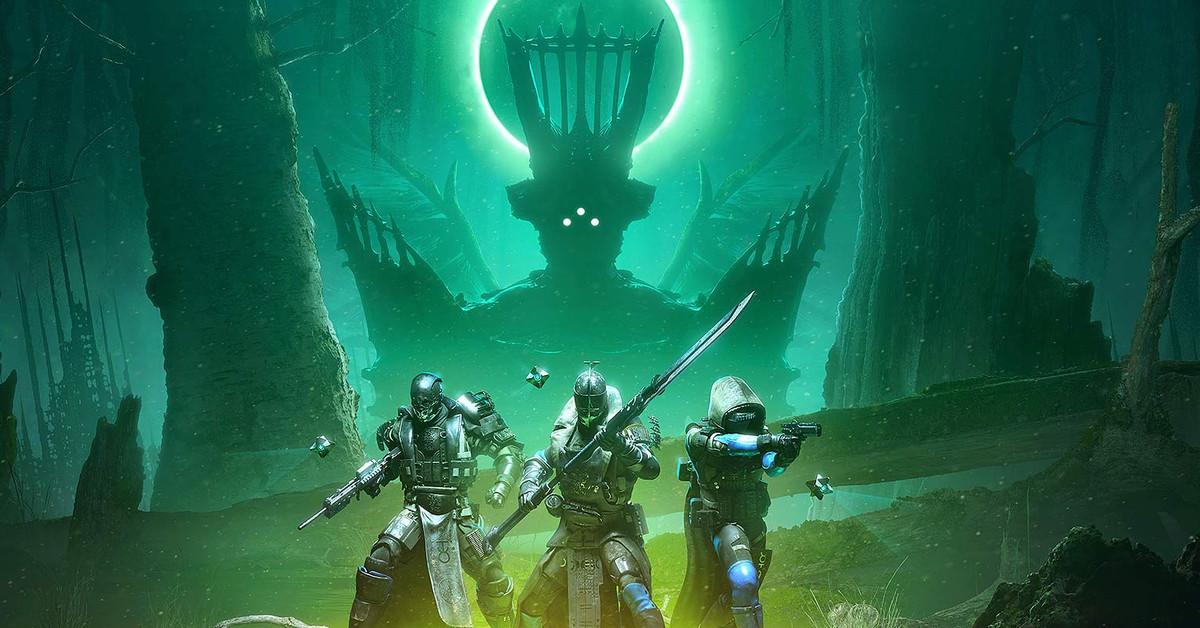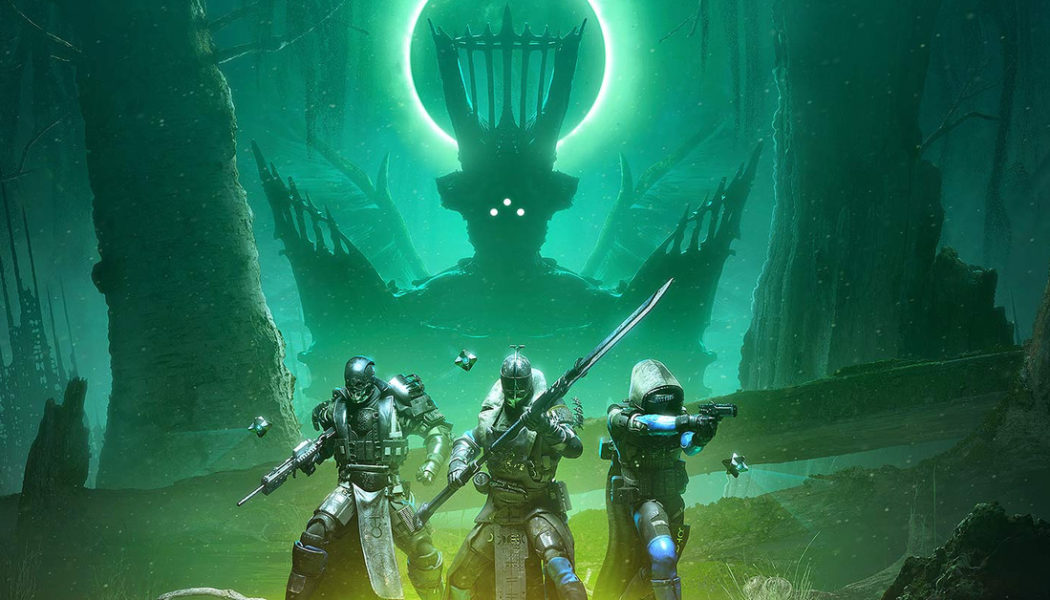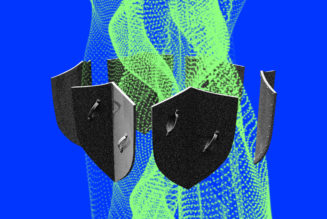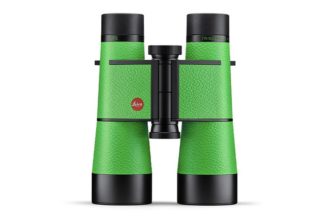
Bungie has sued a Destiny player who allegedly filed dozens of fake copyright strikes in its name. The lawsuit, covered by TheGamePost, says California YouTube creator Nick Minor turned a single Digital Millennium Copyright Act (DMCA) takedown notice into 96 fraudulent claims against other YouTubers.
The complaint claims Bungie “brand protection” contractor CSC Global sent Minor a legitimate copyright notice in December 2021, asking him to remove music from the soundtrack of Destiny expansion The Taken King. Minor allegedly responded by creating a Gmail account that mimicked the CSC one and then filing similar requests with a bevy of other YouTube accounts — even hitting an official Bungie account. He identified himself as a CSC representative and demanded the accounts remove videos or face YouTube copyright strikes.
Meanwhile, under his YouTube alias Lord Nazo, Minor apparently ran what Bungie calls a “disinformation” campaign against the studio. It claims he spread reports about rampant copyright strikes, falsely blamed Bungie for overaggressive enforcement, and distributed a “manifesto” that was “designed to sow confusion” over the legitimacy of all Bungie DMCA requests. (In an editorial aside, it says the manifesto “reads like a hackneyed ‘look what you made me do’ letter from the serial killer in a bad novel.”) It quotes Destiny community members describing the takedowns as “heartbreaking” and “horrible,” saying the notices — which could have led to an account removal, if repeated — made them afraid to post more videos.
“Ninety-six times, Minor sent DMCA takedown notices purportedly on behalf of Bungie, identifying himself as Bungie’s ‘Brand Protection’ vendor in order to have YouTube instruct innocent creators to delete their Destiny 2 videos,” the complaint says. “The Destiny community was bewildered and upset, believing that Bungie had reneged on a promise to allow players to build their own streaming communities and YouTube channels on Destiny 2 content.” Destiny publicly denied being behind the incident in March, and it published guidelines meant to clarify when it would request takedowns, saying it wanted to “make our boundaries as a business clearer.”
The controversy garnered coverage in games media, and Bungie said in March that it was investigating the issue. According to the complaint, it identified Minor by connecting the dots between different email addresses he used over the course of the sprawling campaign. It claims Minor ran the operation as retaliation for the original takedown request, and it’s seeking financial damages for defamation, filing false DMCA notices, and — somewhat ironically — copyright infringement.
Beyond Minor’s individual actions, Bungie suggests that he exploited weaknesses in YouTube’s reporting system. It says he was able to easily impersonate a CSC employee, for instance, because YouTube requires all reports to come through a Gmail account — not a company domain that a content creator could verify. Google’s system “allows anyone at all to claim to be representing a rights holder for purposes of issuing a takedown, with no real safeguards against fraud,” Bungie complains.
More broadly, however, Minor’s campaign worked because of copyright law’s status as a powerful, controversial weapon that can hit YouTubers (and other internet content creators) with little warning and painful consequences. Other “copystrike” senders have used the system to extort channels for ransom or censor news, and studios like Nintendo have placed onerous copyright restrictions on their games in the past. Minor apparently just went one step further — weaponizing the backlash to the DMCA itself.









